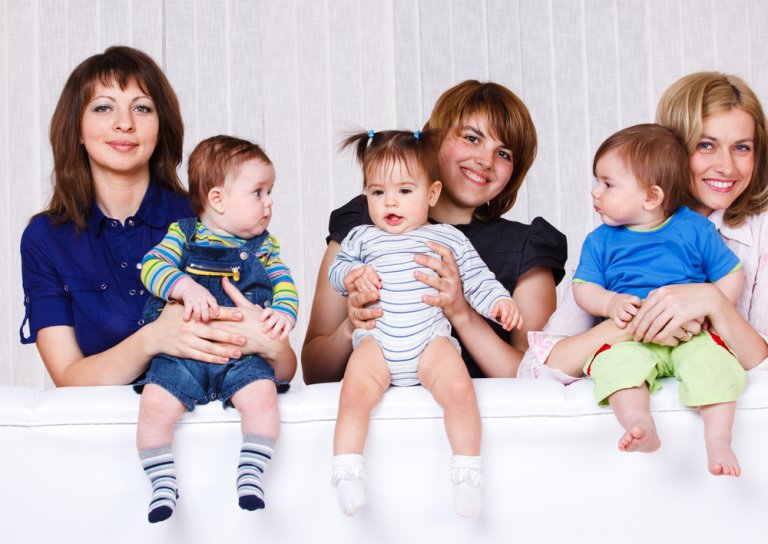Women 30 and Older Give Birth to Smarter Babies

Based on the results of research conducted in London, it was concluded that women in their 30s and older give birth to smarter babies. It was shown that babies born to women above this age demonstrated better cognitive capacity than those born to women in their twenties.
The reason for this is because 30-year-old and older women tend to be more stable, educated, dedicated to their health, have better incomes, and have planned pregnancies. This richness of life makes this the ideal age for having smarter kids.
In past decades, most women who gave birth in their late thirties were having their second, third or fourth child, but this has now changed. Women are waiting until they reach a good position in their careers before starting a family.
The study, conducted by a group of researchers at the London School of Economics, showed that children of first-time mothers who were over the age of 30 showed higher levels of psychological well-being and mental development, because women at that age experience a level of personal and professional well-being.
According to these results, women 30 years and older generally have more stable relationships and in turn form more unified and educated families. In addition, their income is greater thanks to the stability that is acquired after a few years of work.

Life Is Quieter in Your 30s
Another important consideration to note is that women in their 30s tend to have a healthier lifestyle, usually consume less nicotine and alcohol, and typically take better care of themselves.
It was also noted that these women pay more attention to prenatal care because most plan their pregnancies, so they are prepared physically and mentally to have a baby.
On the other hand, this study also revealed that the children of women who gave birth in their 40s were more prone to obesity, because women at that age tend to play less with their children and have a higher risk of complications such as gestational diabetes and hypertension.
The research also noted that in the case of women who were in their 20s, at the start of motherhood they proved to be mothers with high levels of stress because, among other things, at this age women seek to solidify a relationship, form a home, finish studies and get a job, which is truncated by unplanned pregnancies that hasten the creation of a family environment.

Advantages of Women in Their 30s Becoming First-Time Mothers
A woman between the ages of 30 and 34 usually has a series of advantages over younger women, because her personal development allows her to face motherhood with more maturity. Here are some advantages.
- Parents will have a better economic situation, and therefore a more serious and stable work level, which will allow them to enjoy more tranquility in pregnancy.
- Women age 30 and older usually have planned pregnancies, because at this stage of life the woman is fulfilling her goals.
- At this age, babies are often more desirable than for women in their 20s.
- The couple has a more balanced and sustainable relationship.
- The 30-year-old woman does not feel that a baby is holding back her dreams and desires; on the contrary, having a baby is part of those dreams.
- The expecting mother is usually more proactive and organized with medical check-ups.
If you are in your 30s and considering becoming a first-time mother, this research can give you that final push that your decision was missing. Remember that you will have smarter children and that you will surely become the happiest woman in the world. There is no doubt that being a mother is a unique experience.
All cited sources were thoroughly reviewed by our team to ensure their quality, reliability, currency, and validity. The bibliography of this article was considered reliable and of academic or scientific accuracy.
- Clemente, S. (2019, octubre 21). Conoce si tu relación de pareja es sana. Recuperado mayo de 2020, de https://lamenteesmaravillosa.com/conoce-si-tu-relacion-de-pareja-es-sana/
- Peña, B. (2020, mayo 12). Las 6 ventajas de ser madre a los 35 años. Recuperado 29 de mayo de 2020, de https://mejorconsalud.as.com/ventajas-ser-madre-a-los-35-anos/
This text is provided for informational purposes only and does not replace consultation with a professional. If in doubt, consult your specialist.
